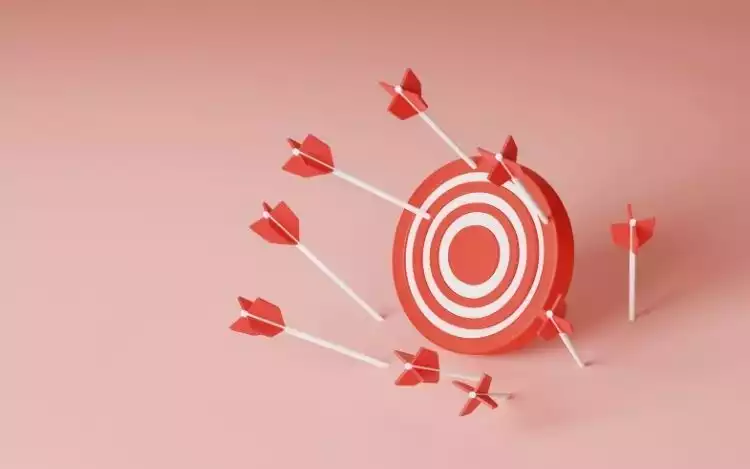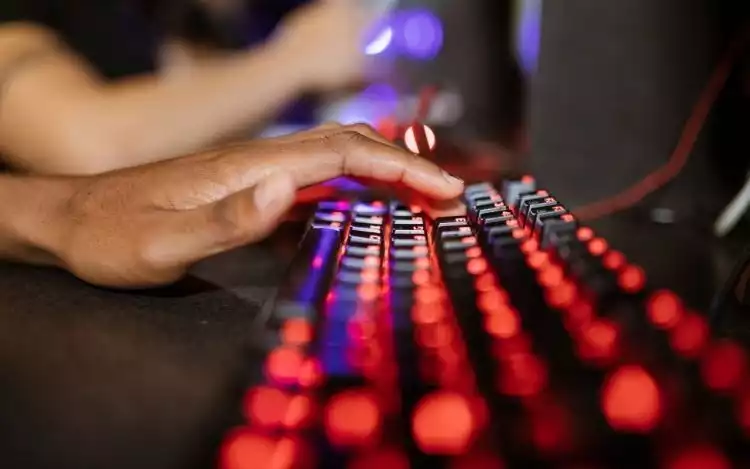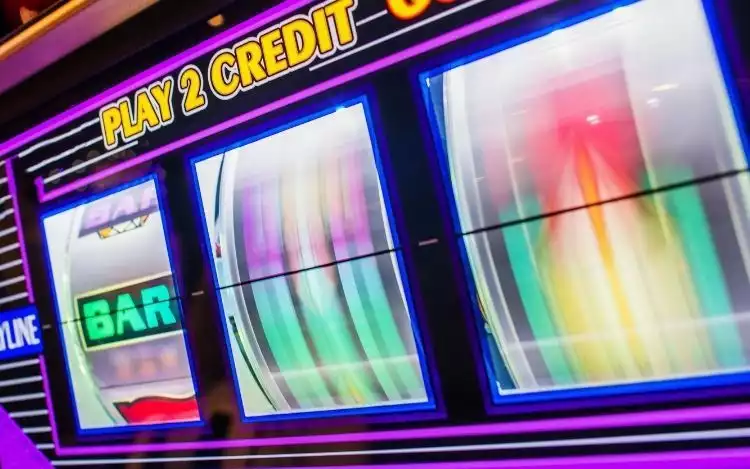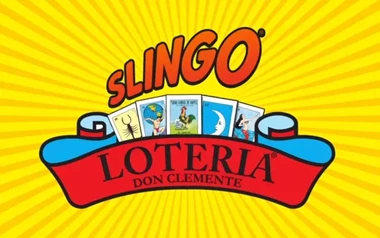You sit down. Pick a slot. Press spin. Lights flash. Reels blur. You win. Or you don’t. Either way, you press again.
What seems simple on the surface is anything but. Slot reels and spin speed are engineered with precision. Every flicker, every pause, every spin length is designed to evoke a specific reaction.
So let’s peel back the layers. Why do spinning reels feel exciting? Why do some games feel faster, more intense, even addictive? There’s psychology at play. And the more you understand it, the more control you gain.
Spin Speed: Not Just a Setting
On paper, spin speed is about preference. Some players like it fast. Others want the suspense. But in practice, spin speed affects your perception of control and reward.
Shorter spins mean more outcomes per minute. That means more dopamine hits. Win or lose, your brain is constantly processing motion, colour, sound.mes a feedback loop.
Developers know this. Fast spins keep engagement high. They reduce downtime. They cut the space where logic might creep in.
Longer spins, on the other hand, build tension. You feel the anticipation. You watch the reels slow. Near-misses become events in themselves. That pause before the final symbol lands? It’s calculated.
These delays are not random. They're calibrated to create suspense. It mimics the feeling of being on the edge of something big.
The Reel Layout Illusion
Here’s something you might not have noticed. Many slot games show a 5x3 grid. Five reels. Three rows. But the actual number of symbols in each reel is far greater.
What you see is only a slice. Reels are programmed with virtual stops. A physical reel on a land-based slot might have 20 symbols. A digital one can have hundreds.
This allows developers to manipulate odds invisibly. Rare symbols like wilds or scatters are placed on fewer stops. Common symbols are repeated.
The spinning is all visual. The result is determined by a random number generator the second you click spin. The motion that follows? Pure theatre. But brilliant theatre.
It gives the player a sense of involvement. You feel like you're almost there. That near-miss? It wasn’t close. But it looked close. And that illusion is powerful.
Near-Misses and Dopamine

Near-Misses and Dopamine
Let’s talk near-misses. You get two bonus symbols. The third stops just one spot above.
You didn’t win. But it feels like you nearly did. That feeling triggers a burst of dopamine. The same chemical that would fire if you had actually won.
That’s what keeps people spinning. The brain struggles to separate actual wins from close calls. It’s a classic psychological bias.
Some games lean heavily into this. You’ll see wild animations. Sound effects. The final reel will slow down dramatically as if it’s deciding your fate.
This isn’t cheating. But it is persuasive. It’s designed to encourage continued play.
Autoplay and Turbo Mode
Many modern slots offer autoplay features. Some even include turbo spins. These options remove animations and shorten spin cycles drastically.
Why would anyone want that? Because it's not about the visuals anymore. It becomes about volume. Spin after spin. Result after result.
Players often use autoplay when they’ve disengaged from the visuals. It’s about chasing outcomes. Not entertainment.
It can be useful. But it can also be dangerous. You lose track of time. Of spend. Of wins and losses.
Trusted slot sites often include tools to manage this. Session reminders. Loss limits. Time-outs. They understand that faster play equals faster losses, and responsible operators make tools easy to find and use.
Sound and Light: The Reinforcers
Ever noticed how slots make noise even when you don’t win? You spin. The screen flashes. Coins jingle. But check the numbers. You won less than you wagered.
That’s called a “loss disguised as a win.” The sounds and lights reward the act of spinning, not the outcome.
The reinforcement is psychological. You’re being told you’re doing well. Even if your balance says otherwise.
This is why silence after a true loss feels so jarring. The machine punishes you with emptiness. Then offers hope with the next spin.
Sound design matters. High-pitched tones signal wins. Low tones warn of loss. It creates an emotional rhythm. One that’s hard to step away from.
Why It Feels Like You're in Control
Slot machines give the illusion of control. You choose when to spin. You choose your bet size. You decide when to stop.
But you don’t control the outcome.
This is what psychologists call “illusory control.” It makes the experience feel more interactive. It makes the losses feel personal. And the wins feel earned.
Developers use this feeling to keep players engaged. If it all felt random, people might lose interest faster. But if it feels like timing or instinct plays a part? That’s a hook.
Are Faster Games More Addictive?

Are Faster Games More Addictive
Speed is a huge factor in gaming behaviour. The faster the cycle, the less time there is for reflection.
When you’re winning, speed feels like momentum. When you're losing, speed can turn into freefall.
Faster games lead to faster losses. But they also give more dopamine hits. That combination is risky. Especially for players with poor impulse control.
This is where trusted slot sites make a difference. They offer tools to pause. To reflect. To step away.
You won’t find those features on offshore or unregulated platforms. And that’s the real risk.
How to Stay in Control
Understanding the psychology of spin speed and reel design is the first step. The second? Using that knowledge to protect your play.
Here’s how:
- Set limits before you start. Time, money, spin count.
- Use slow spins to stay present. Turbo mode is fun, but it's also quicksand.
- Take breaks. Slot fatigue leads to poor decisions.
- Track your wins and losses. Don’t rely on the game’s display. Keep a manual note if needed.
- Pick trusted slot sites that value transparency and offer responsible gaming tools.
Knowledge won’t change the odds. But it changes how you play.
Slot reels and spin speed aren’t just design features. They’re psychological triggers. Built to create emotion. Built to keep you spinning.
But once you know how the system works, you’re less likely to fall for it. You can enjoy the game on your terms. With eyes open and strategy in place.
And when you choose trusted slot sites, you're choosing fair play, tested games and honest terms.
So spin if you want to. Chase the lights if you must. Just know what’s behind the curtain. That way, you’re not just spinning reels. You’re steering the game.









